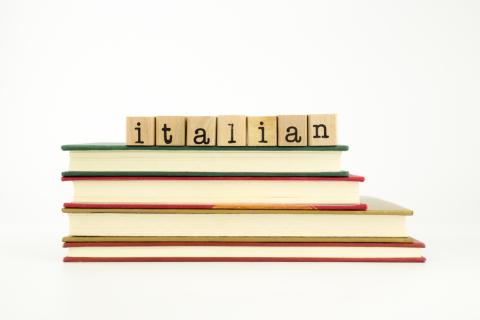In today’s global world, languages play a key role in international communication. Italian is one of the most important languages in Europe. People use it not only in daily life but also in law, business, and education. Because of this, sworn and professional Italian translators help people and companies communicate clearly in many areas, such as business, culture, and school. In this article, you will learn who these translators are, what they do, and why their work matters.
Who Are Sworn and Professional Italian Translators?
Sworn Translator
A sworn translator is someone who has special permission from the Ministry of Justice. Therefore, this person can make certified translations that are legally valid. Courts and government offices accept these translations. In addition, sworn translators use a special stamp to show that their translation matches the original document.
Professional Translator
A professional translator (not sworn) works with many types of texts. For example, they translate marketing materials, books, or technical documents. These translations do not need legal certification. However, they are still very important for clear and accurate communication.

How to Become a Sworn Translator
To become a sworn Italian translator, you must meet several requirements. First, you need to finish higher education in languages or translation. Next, you must pass a state exam. This test checks your skills in both Italian and another language. Finally, you must have no criminal record. As a result, only qualified people can become sworn translators.
What Makes a Good Professional Translator?
Professional translators have several key skills. For instance, many focus on areas like law, medicine, or technology. In addition, they know Italian very well, both spoken and written. Because they understand Italian culture, they can make better translations. Furthermore, they use special software and dictionaries to keep their work accurate and consistent.
What Do Sworn Translators Do?
Sworn translators handle many types of documents. For example, they translate:
- Birth, marriage, and death certificates
- Court papers and legal judgments
- Business contracts and agreements
- School diplomas and academic records
- Medical reports
- Car registration papers
- Technical manuals
- Books and articles
Besides certified translations, they may also translate things like websites or personal letters. Therefore, their work covers many different needs.
Challenges for Italian Translators
Translating Italian is not always easy. For instance, some fields, like law or medicine, use difficult terms. Moreover, translators must understand both Italian and the other culture. In addition, they need to write correctly in both languages. Since translators often work with private information, they must protect it at all times.
Sworn vs. Professional Translators: What’s the Difference?
The main difference is that sworn translators have an official stamp. Because of this, they are legally responsible for their work. On the other hand, professional translators do not have this stamp and do not take legal responsibility. However, both must work carefully and professionally. In the end, both types of translators aim for high quality.
Why Use Translation Services?
There are many benefits to using translation services. First, translators make sure the meaning is correct. Second, sworn translations are accepted by official institutions in Italy. Third, agencies can deliver translations quickly, often using modern technology. Finally, translators keep your information safe, which is very important for business or medical documents.
Conclusion
Sworn and professional Italian translators are essential for global communication. Their work helps people, companies, and organizations succeed in a world with many languages. Certified translations are needed for official and legal documents. At the same time, professional translators help with business, education, and culture. Therefore, choosing the right translator ensures your documents are clear, correct, and meet all requirements. As the world becomes more connected, these experts will continue to help people work together across borders.



